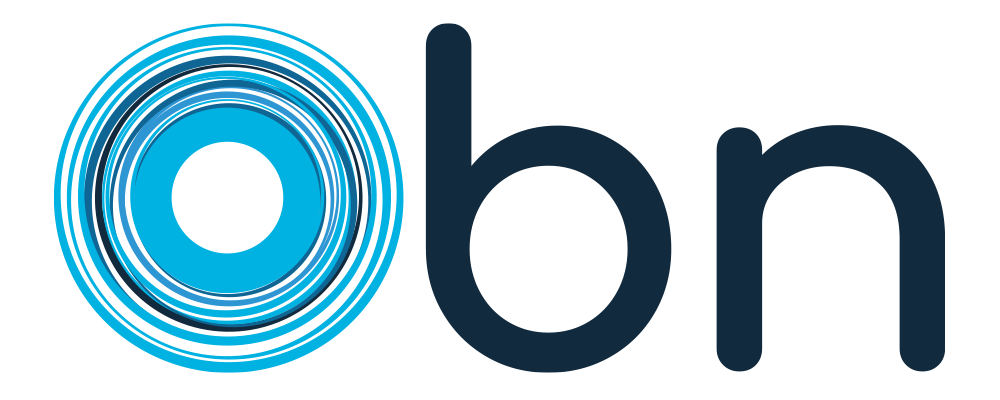
203 universities, 160.000 working academicians, 8M enrolled students. That is the summary of Turkish higher education scene. The important question here is: What is the cumulative impact created by the graduates of these universities? When we exclude top 10 universities which generate around 95% of the technological, scientific and economic impact, the rest is nothing but negligible. In this article, I will propose a new generation higher education model which advocates quality over quantity. This might be our solution to educate the future generations and Turkey, to reach a country transformed into an information society.
As edX CEO Anant Agarwal puts it, “It is pathetic that the education system has not changed in hundreds of years.” It is for sure that a factory model for schools no longer works. Here’s one version of events offered by Khan Academy’s Sal Khan along with Forbes’ writer Michael Noer – “the history of education”:
What can we do about it? Why not analyzing the best practices around the World? I have recently attended a tech meetup in one of the shared working spaces of Germany, Factory Berlin. We do not want old fashined factory model for universities but why not using the old factory buildings for incubating the most innovative higher education models? Some of you may remember, in one of my recent articles, I wrote about my Singularity University experience in Silicon Valley and the insights I gained there which transformed my perspective from the ground. In Factory Berlin, I met with the students of a similar institution, The CODE University. It was a start up itself, based in Factory Görlitzer Park, started 2 year ago to educate the digital pioneers of tomorrow. One of my close friends from Singularity University Graduate Studies Program, Margaux Pelen is one of the founding members of CODE, she works as Partnerships and Corporate Lead. I had to chance to listen the philosophy behind CODE from her in the first place. Let me give you a more official description of the CODE: it is a Berlin-based state-accredited university of applied sciences that offers bachelor’s degree programs in the field of Digital Product Development. Factory Görlitzer Park is an outstanding building, on five floors, it is the size of almost three American football fields. Several architects and a great interior design team spent months building this unique place.

It is a private university of applied sciences, but different than other institutions, it is embedded into the vibrant network of Berlin’s digital economy. The founder Thomas Bachem, a senior software developer describes the mission of CODE University as: ‘’We do not believe in the importance of grades or the value of theoretical knowledge acquired just to pass an exam. Chances are, this knowledge (or what will be left of it) will be of little or no use to you in your professional life. We will discuss your ideas and beliefs with you, but we will never expect you to learn something just to pass a test.’’

I talked with some graduates of the CODE University in the meetup and understood that the approach of this school is to present you with inspiring challenges that spark your imagination, while at the same time showing you what you need to learn to master them. They assist students in identifying helpful resources and organize workshops where they can get assistance from experts as well as their peers while providing useful feedback for others.
This university is a one-of-a-kind (well, to be exact, other than Singularity University, there is ‘’42″ in Paris which is comparable). If you like doing odd things then this is your place to go. The professors are super cool, most of them are entrepreneurs themselves, starting with the fact that they all introduced themselves with their first names only, which quickly led to a family-like feeling in the university because you don’t have that professors > students feeling like in school or normal universities. Another cool trait about them is that they don’t just strictly stick to their own rules (which is a habit that in most cases leads to unnecessary handicaps) but are well willing to step outside the comfort zone. A current student who applied for CODE and on top of that the registration period was already long over when he did, but instead of rejecting him they rewrote the immatriculation contract to fit for minors and gave him chance to complete “the challenge” in less than 5 days (a task you normally need to complete within 4 weeks when you apply). You can listen the story and the approach from the founder himself in the following video:
CODE offers three bachelor’s programs for young talents striving to become developers, designers and digital entrepreneurs. The core of their study programs are real-world projects, accompanied by seminars and workshops with an advanced flipped-classroom concept. Assisted by a mentor, students evolve competencies, learn how to collaborate, and reach their full potential. A Science, Technology and Society Program that supports a broad horizon and a multidisciplinary approach to problem-solving. Challenging projects and interdisciplinary teams with peer-to-peer collaboration are at the core of their learning approach.
This university is brand new and works fundamentally different from many other universities. And regarding the cost: Yes, 27K € is a lot compared to state-run universities but with the pay-later contract that’s no problem at all. The best part is the ‘’Digital Pioneer’’ vision of the school. They won’t be satisfied with letting you become a skilled software engineer, interaction designer or product manager who will easily find a well-paid job. For the faculty of the CODE, that is nice to have but not nearly enough, they want you to develop the mindset of a Digital Pioneer. A Digital Pioneer is someone who possesses excellent skills and deep knowledge in their field of expertise, and who is also eager to explore the as-yet unknown possibilities of the digital transformation our society is experiencing. Rather than passively absorbing selected facts and ready-made content to reproduce for the next exam, in CODE curiosity-driven education comes into play. The challenging projects you work on, and the reflection on your experiences within these projects, will bring you to a deep understanding of fundamental concepts that are relevant to you because they connect with your experience.

I believe that we will be able to solve current economic problems in Turkey with long-term education reforms. For this reason, we have to start implementing the education models that have been successful in this field abroad in accordance with our own culture. We need entrepreneual minds, who have courage to challenge the 100 years old education system. Kemal Apaydin, who has been working in this field for the last 3 years, can be a good example of this subject. Apaydın, the founder of Blockfellow and Blockcircus, provided thousands of students from tens of universities in the field of project-based technology free of charge. He is also the co-founder of Inkube, which is Turkey’s first blockchain hub. His model is to connect successful students with global brands related with subjects such as Artificial Intelligence, IOT, Blockchain and etc. As an effort to adapt Code University model to Turkey, he will be starting a new education company soon, and I believe he will achieve great success in Turkey. He will be raising money in the following months for his new venture, it might be interesting for the Edtech venture capitals and angel investors.

